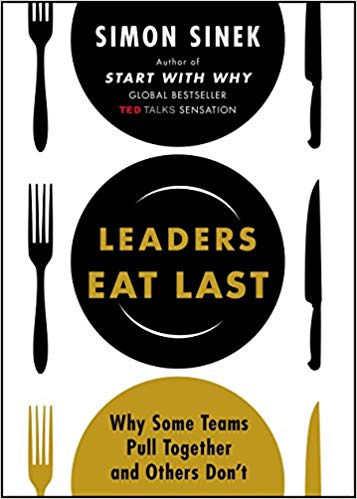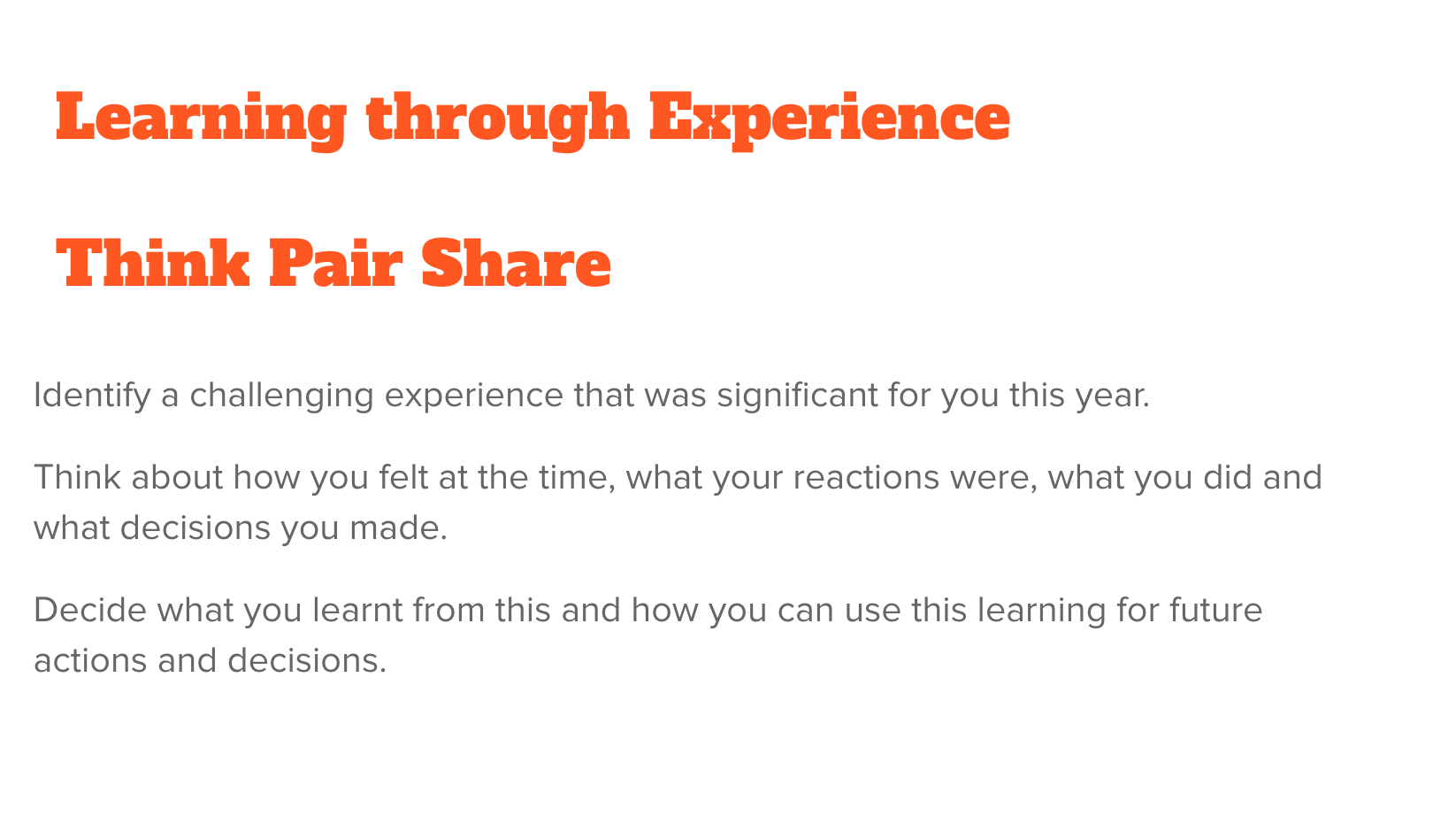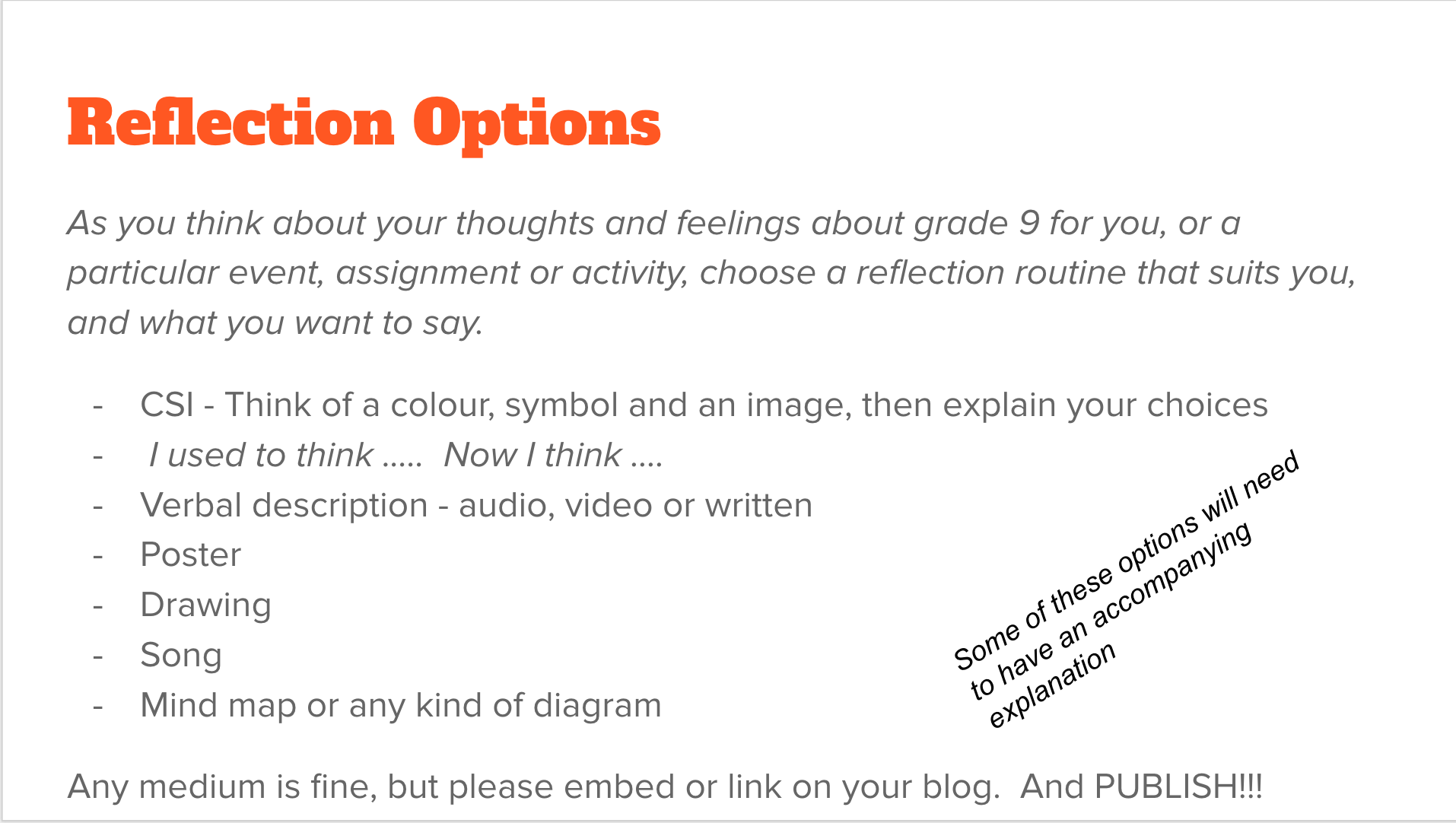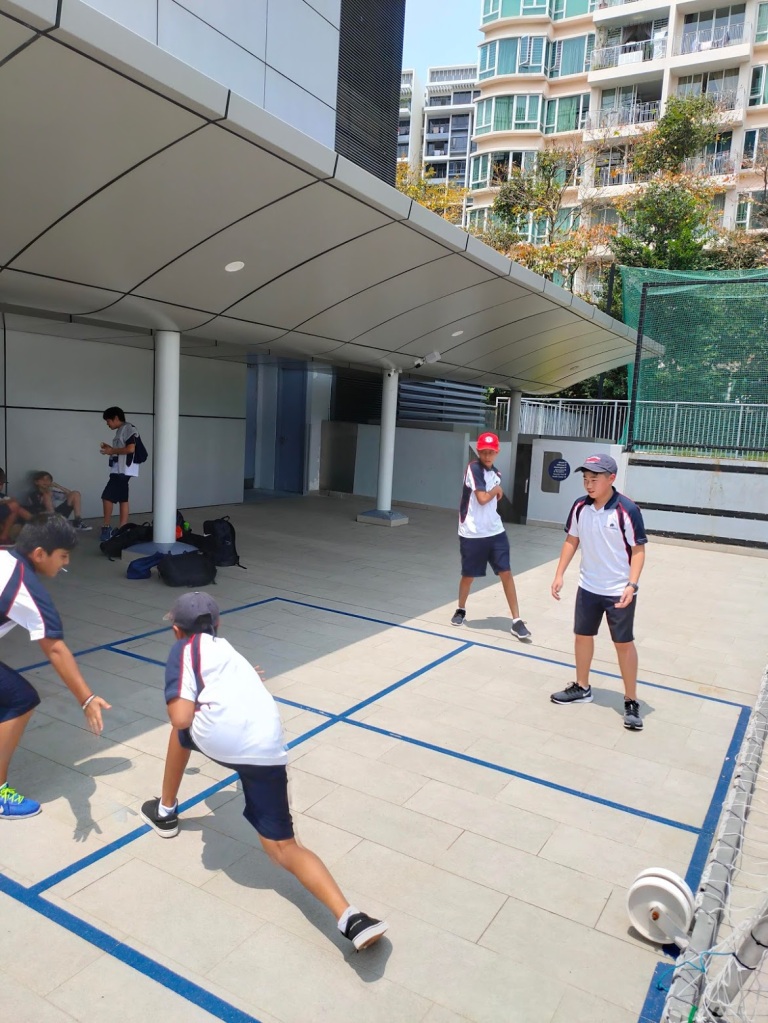
My new school is an ambitious, gutsy, energetic institution, with so many great things happening. The place – teachers, students, the walls, the facilities, the community – oozes with energy as you enter the campus, take in the environment and pass through the halls. Cheerful students greet you loudly and warmly between heated rallies in Four Square courts. Great to see my school game of the 1970s in provincial NZ played in downtown Singapore almost 50 years later!
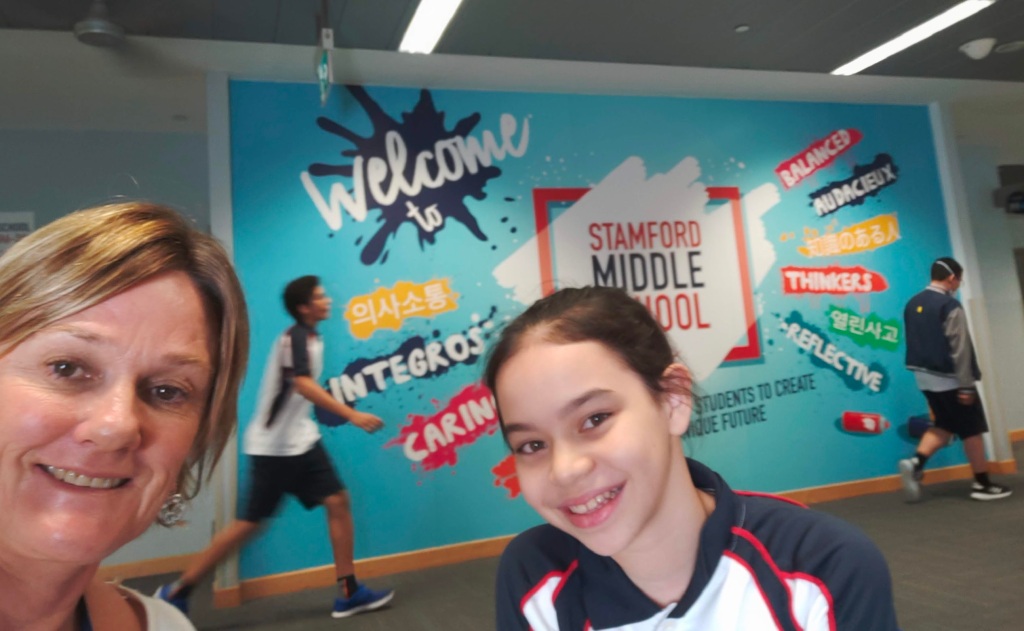
I have fallen in love with this young, vibrant hectic school. There is so much great work that has been done in a mere 10 years to get the school to where it is now. There is growth ahead of us, too, though.
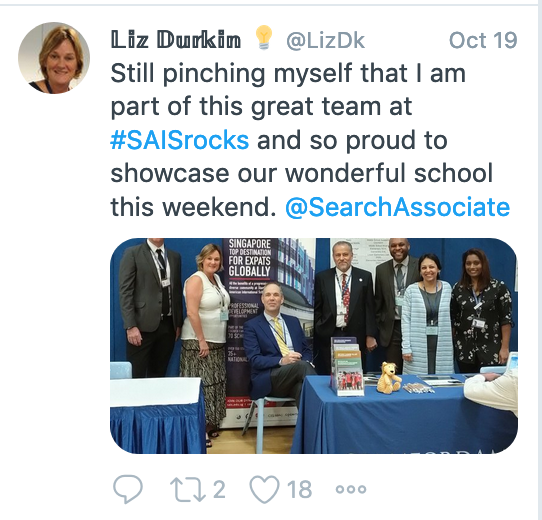
Our questions for growth going forward:

How might we ensure that every child is appropriately supported and challenged so that they are empowered to create their unique future
How might we build a culture where service, empathy and inclusion are emphasized and influence who we are?
What are your driving questions as a school leader as you move forward?

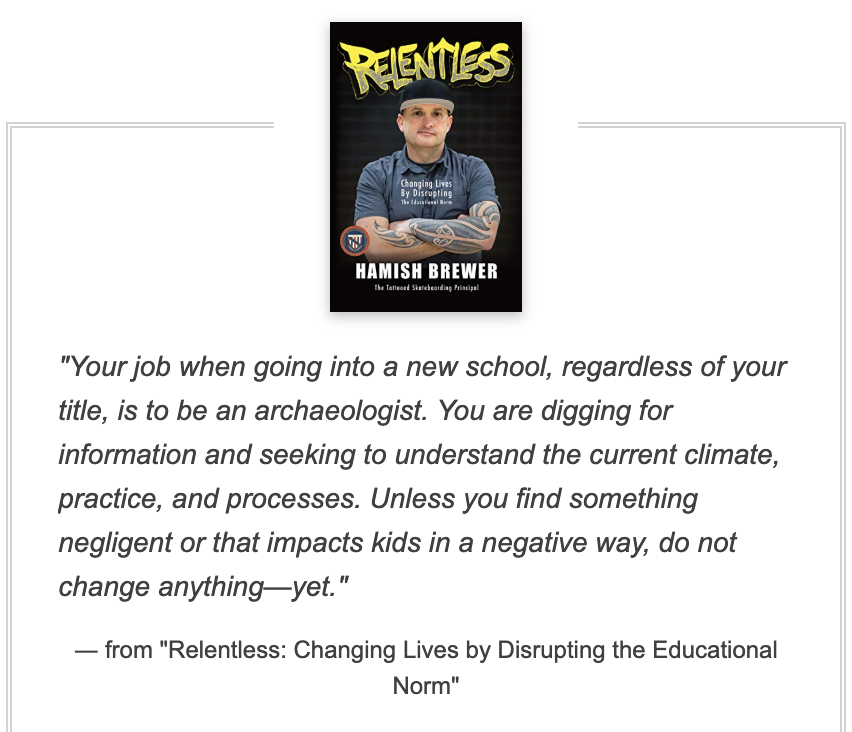
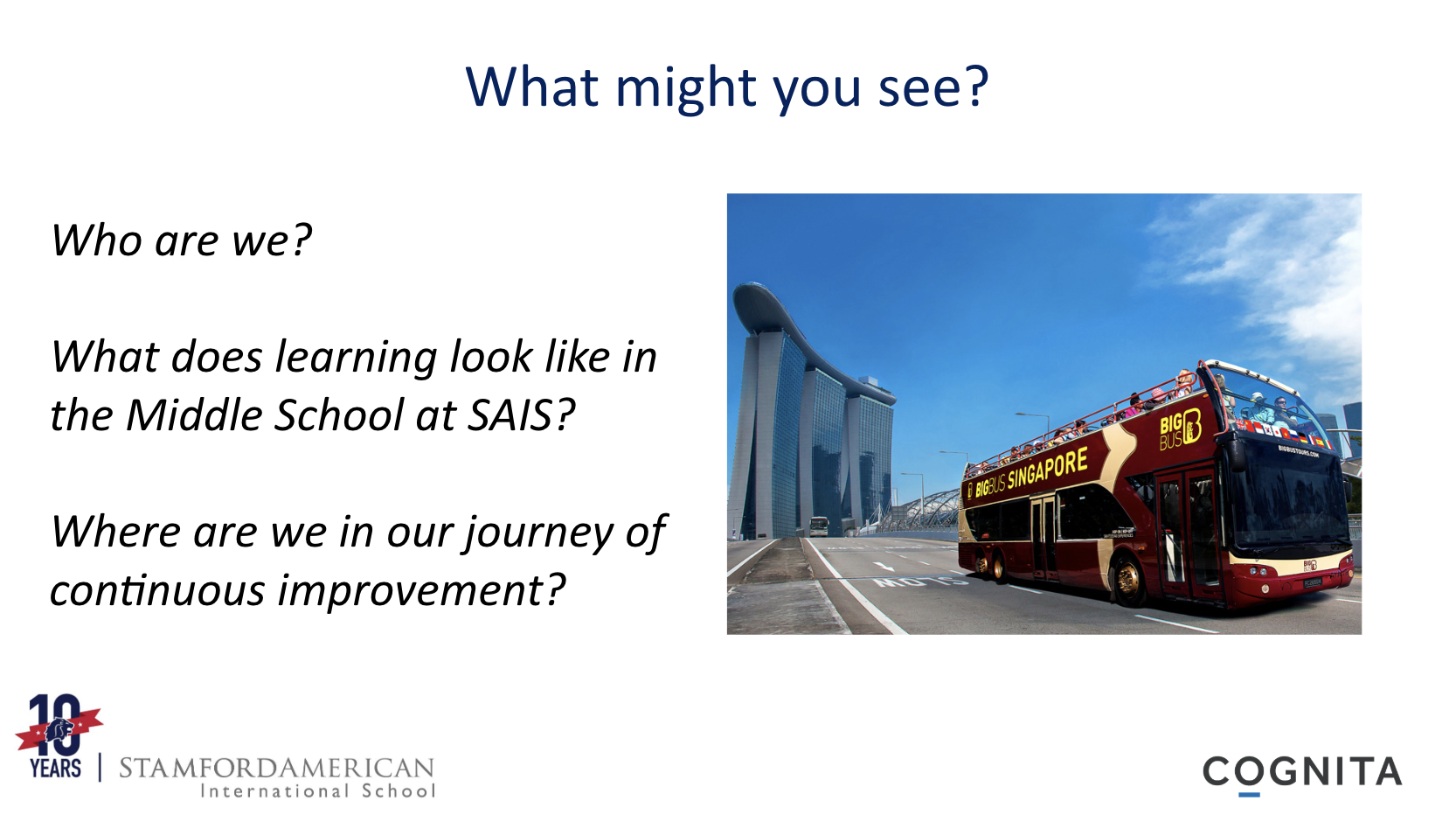


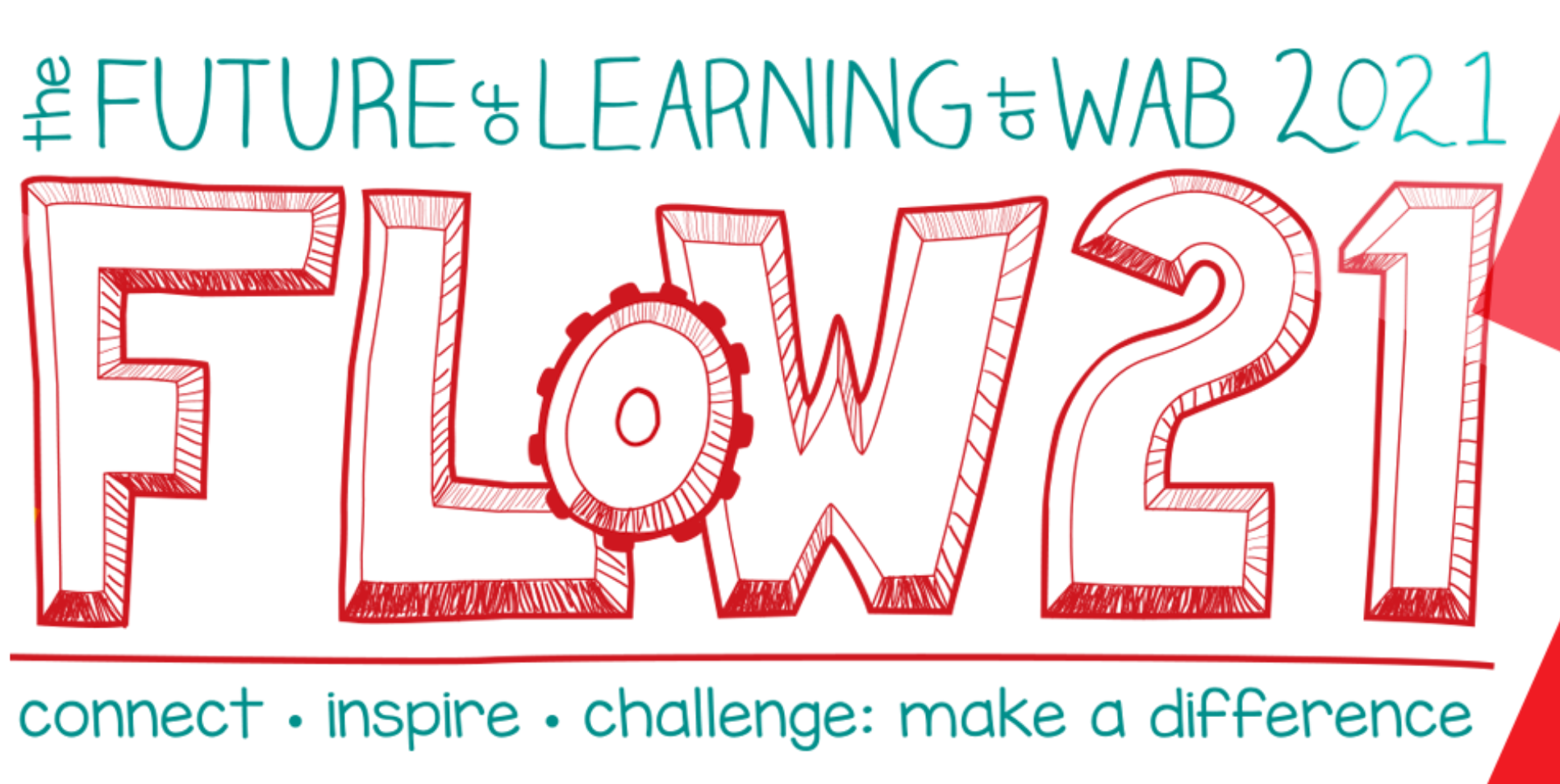


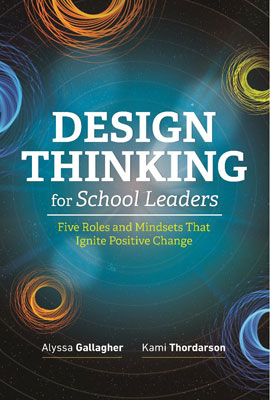 of seeking opportunities, taking risks, and being a producer. As I went through the book, I found myself self-assessing on each of the qualities addressed, and carefully considering which attributes I need to develop in order to be a better school designer and leader.
of seeking opportunities, taking risks, and being a producer. As I went through the book, I found myself self-assessing on each of the qualities addressed, and carefully considering which attributes I need to develop in order to be a better school designer and leader.